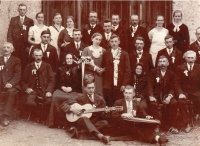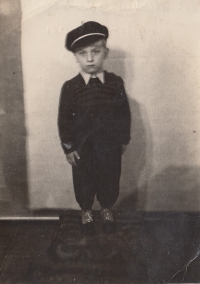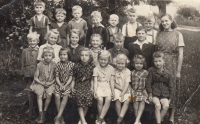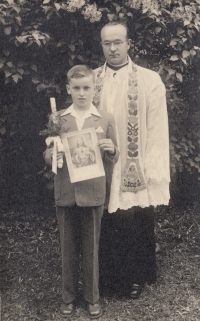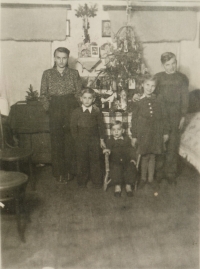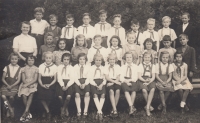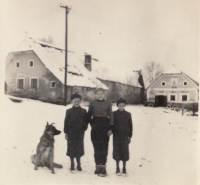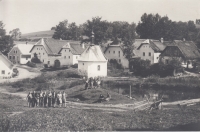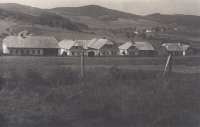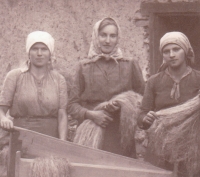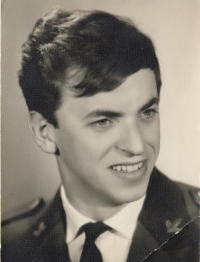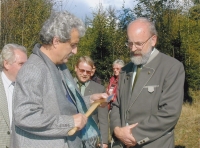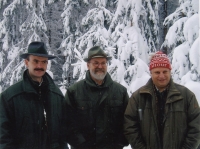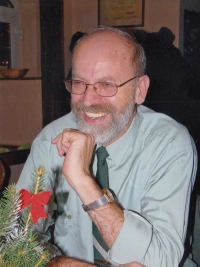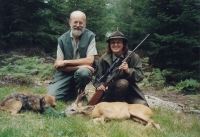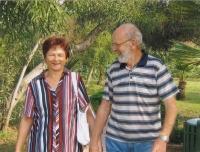I have never met my extended family
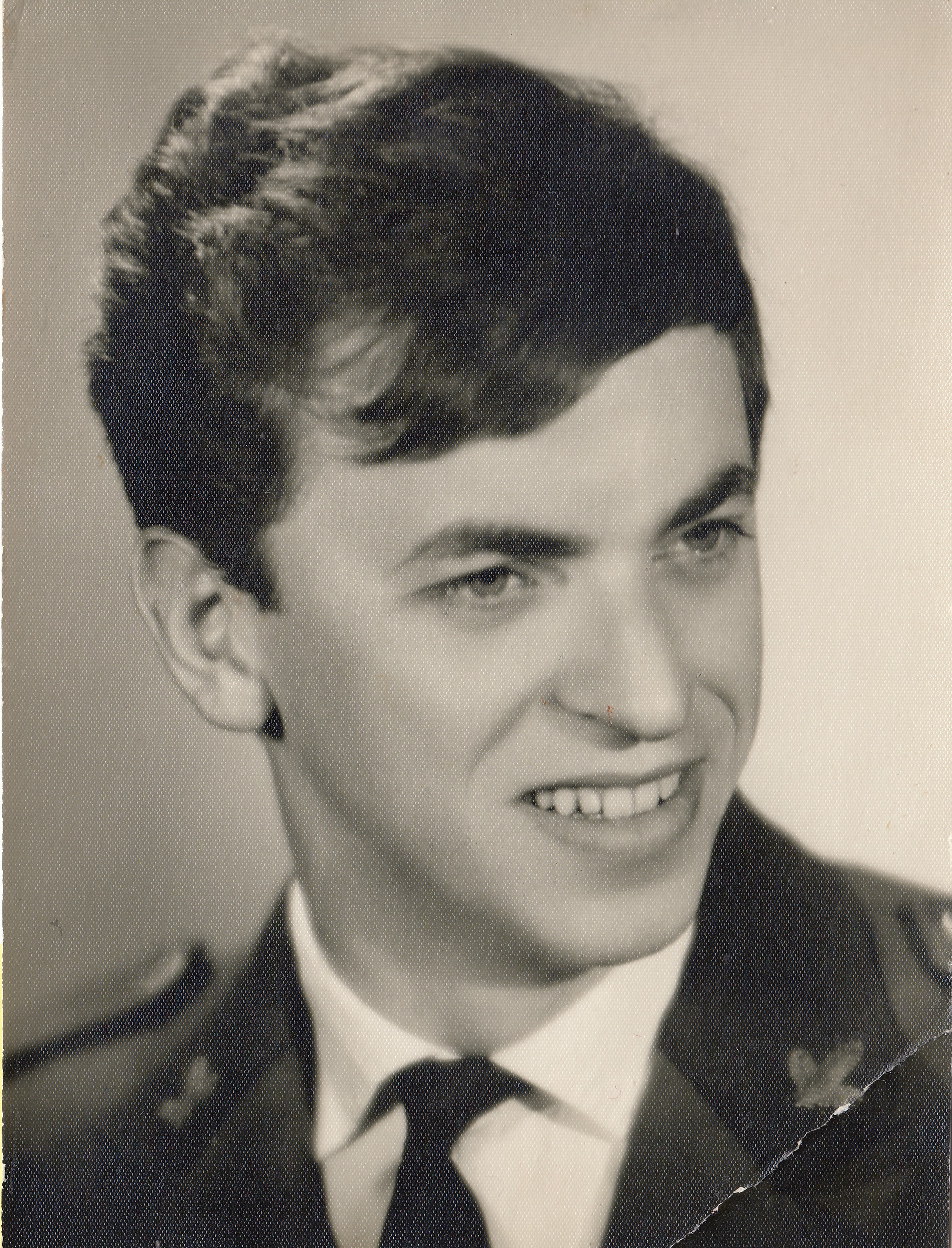
Download image
Jan Märtl was born on November 13, 1947 in Český Krumlov into a German family that, for generations, had farmed land in Mezipotočí. In 1946, when the expulsion of the German population of Czechoslovakia was taking place, his father Josef Märtl was put into pre-trial detention. Before his father was acquitted and released, all their relatives had already been resettled and the transports were over. After leaving the internment camp in Vyšný in 1947, the Märtl family moved to nearby Zubčice, where his parents were assigned to work for one of the local farmers. Shortly thereafter, Jan’s father was sent to the Jáchymov uranium mines for “re-education.” In 1953, the Märtls were allowed to return to Mezipotočí, but they were no longer allowed to return to their previous home. In 1967, his parents and brother František got permission to emigrate to Germany. Jan Märtl applied for his permission to move in 1969, but it was rejected. He worked for the Vyšší Brod Forestry Administration all his life, until 1990 he needed a special pass to enter the border zone. This, along with his opportunity to travel to the Federal Republic of Germany to visit his parents, made him be noticed by the state security in 1984, who considered him a potential candidate to become an agent for the military counterintelligence service. He refused the proposed job and a year later his file was closed. In 2021, Jan Märtl lived in Frymburk in Český Krumlov.
